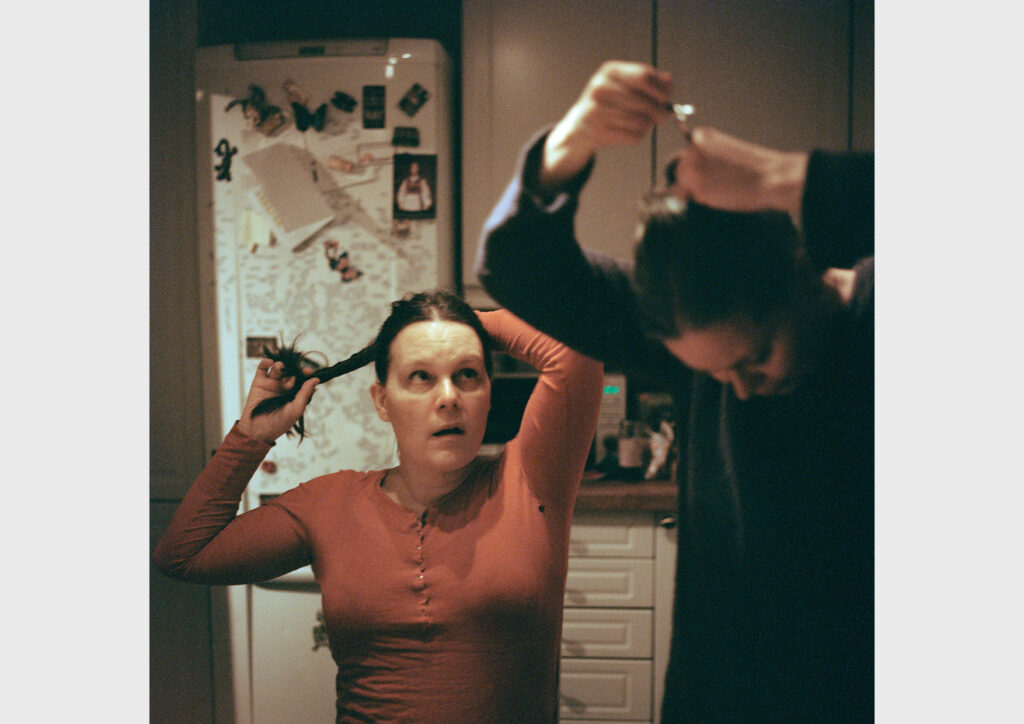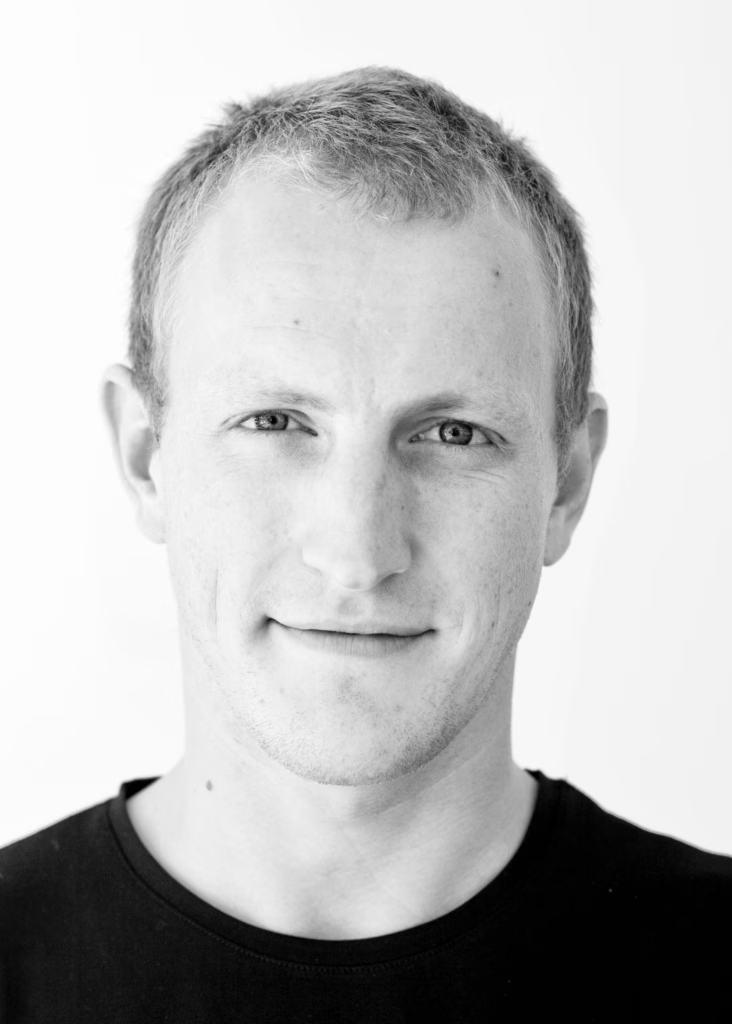“WE DON’T SAY DAD ANYMORE”

What would it be like to live your whole life in a body of the wrong gender? At some point, do you grow numb, so you don’t always feel abhorrence at your own way of dressing, your own voice and your own genitals? Or does the turmoil inside you just keep growing until it becomes an intolerable burden?
At age 13, she started to feel uncomfortable as a boy and began yearning to be a girl. She knew about transgenderism as a phenomenon, but it was a subject of shame and ridicule in the media and in social circles alike. She had no idea who she could talk to. For a long time, she thought she just had to try to live with it. That worked, in a way, for several years.
However, the discomfort or yearning grew neither weaker nor easier to bear over time. Eventually, it was impossible to pretend that nothing was wrong.
While studying, she found a sweetheart and she confided her secret. The sweetheart said that she loved her regardless of gender. The two are still together, married, and have two daughters.
After several harsh encounters with the public health service, she was ultimately met with understanding at the National Hospital, where she was able to start the gender affirming process. At that point, she had been patient for several decades. The treatment ended up taking six years.
A seemingly traditional family consisting of a mother, father and two children was transformed into a family with two children and two mothers.
The family is still the same. Family life continues as before – but something is different.
Jo Straube


Jo Straube, born in 1983, trained as a photographer and journalist. He has worked freelance for Norwegian and foreign publications since 2010. Several of his personal projects explore “democracy”: from libraries as democratic institutions to the form of government in countries as diverse as Iceland and Myanmar.
In the series We don’t say Dad anymore, Straube followed a family of four through the process of a father and husband carrying out gender affirmation, becoming a mother and wife. Far from starting with the first visit to the National Hospital, this process began with a discomfort from the age of 13 with being a boy: with having a boy’s body and voice and constantly having to meet expectations to have typical “boy’s clothes” and “boy’s interests”.
Straube’s photographs play on the images we find in family photo albums. They document birthdays, family get-togethers, work events and the family of four’s home life.
